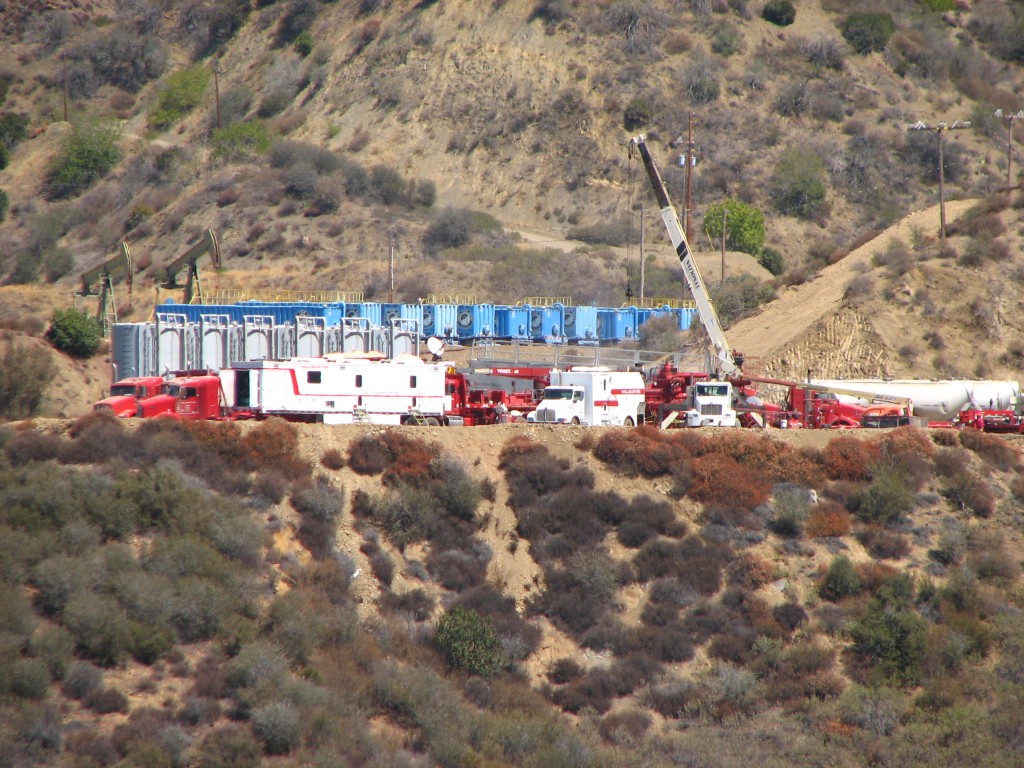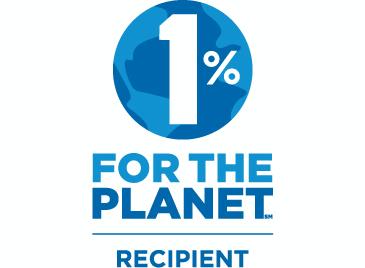Today, the State of California unveiled draft regulations that – once finalized – will govern the controversial oil extraction process known as hydraulic fracturing (commonly referred to as “fracking”).
“We’re pleased that the State has taken this important step towards providing more public disclosure and environmental safeguards for fracking in the Los Padres National Forest and throughout California,” said Jeff Kuyper, executive director of Los Padres ForestWatch, an independent nonprofit organization that monitors oil drilling and fracking in the Sespe Oil Field. “But there’s still much work to be done. As the regulations are finalized over the course of the next year, we will continue to demand the strongest protections possible to guard against pollution and protect our forest’s watersheds. Our farms, our communities, and our wildlife depend on it.”

ForestWatch and other organizations throughout the state are urging Governor Jerry Brown to immediately issue a moratorium on all new fracking operations until the regulations are finalized, and until the state Department of Conservation completes a comprehensive study of the potential environmental impacts of fracking.
The regulations and study are both mandated by Senate Bill 4, which was introduced by Sen. Fran Pavley (Agoura Hills) and signed into law by Governor Jerry Brown in September, 2013. The law requires the state’s Department of Oil, Gas & Geothermal Resources to finalize regulations governing hydraulic fracturing and other controversial well stimulation techniques by 2015.
The agency issuing the draft regulations – the California Department of Conservation’s Division of Oil, Gas & Geothermal Resources – is accepting public comments for the next sixty days, and has organized five public hearings in January 2014. The nearest hearing is on January 13 from 3-7p at the Santa Barbara County supervisors hearing room, 511 East Lakeside Parkway in Santa Maria. Last week, several organizations – including ForestWatch – formally requested that a hearing be scheduled in Santa Barbara or Ventura county, given the large amount of fracking occurring in the region, particularly in the Sespe Oil Field.
Another related hearing is planned for Ventura on January 9, 2014. The purpose of this hearing is to gather early public input on the state’s efforts to evaluate the environmental impacts of fracking and other well stimulation techniques. This environmental impact report was also mandated by SB4, and must also be completed by 2015. The exact location of this hearing has not yet been announced.
ForestWatch encourages local residents to attend these two hearings and demand the strongest protections possible for our national forest lands and other areas vulnerable to fracking.
Hydraulic fracturing – commonly known as “fracking” – is a process whereby water, sand, and various chemical additives are pumped thousands of feet underground to break apart rock formations and stimulate the extraction of oil and gas. The technique has come under increasing scrutiny from scientists, regulators, and the public due to concerns with groundwater contamination, surface water pollution, water consumption, and public health. Hundreds of fracking chemicals are known to be toxic to humans and wildlife, and several are known to cause cancer. A ForestWatch investigation in 2012 revealed widespread fracking occurring in the Los Padres National Forest’s Sespe Oil Field, and recently announced that more fracking has been reported in the Sespe Oil Field than any other area along the entire central California coast.
“It is irresponsible for the oil industry to continue fracking our national forest until the regulations are finalized and adequate safeguards are in place to protect our watersheds,” said Kuyper. “ The Sespe Creek watershed is one of our region’s most ecologically sensitive areas, and every precaution should be taken to protect this important resource.”
ForestWatch will continue to participate in statewide and federal regulatory efforts governing fracking, and will demand full disclosure of fracking chemicals and adequate safeguards to protect water quality and the environment.







Comments are closed.